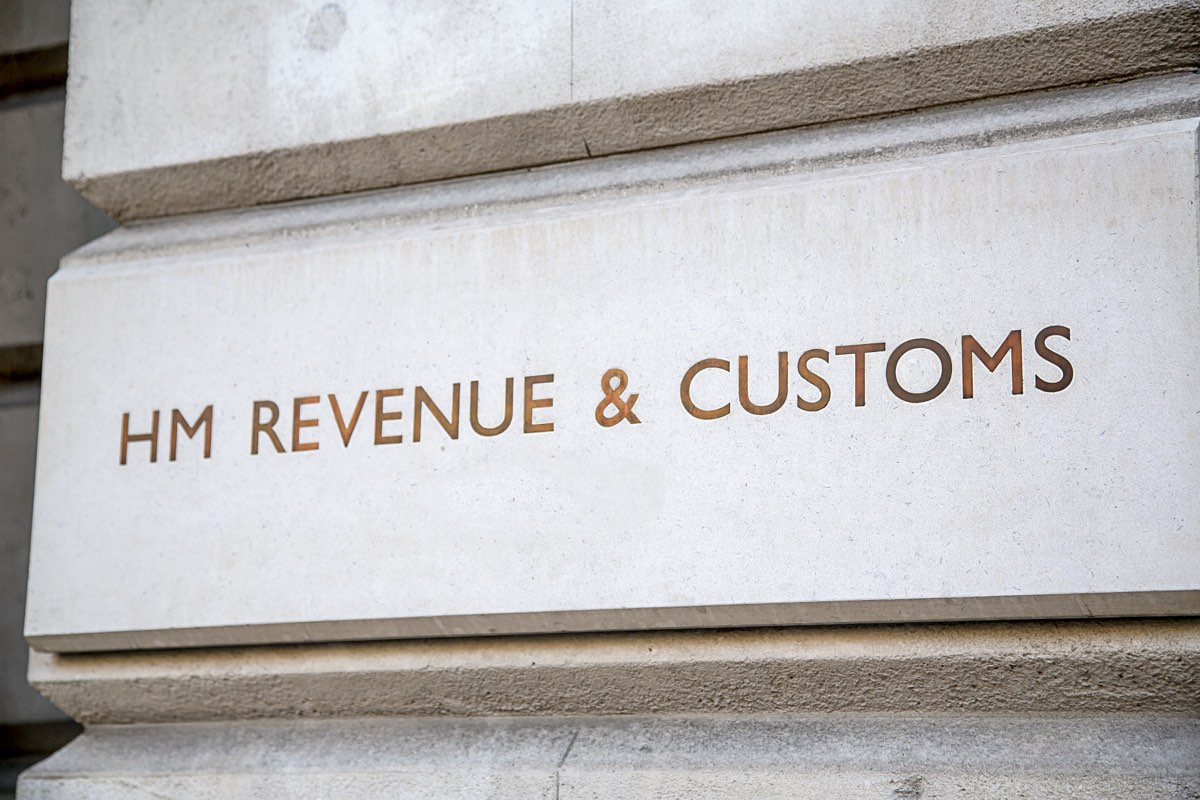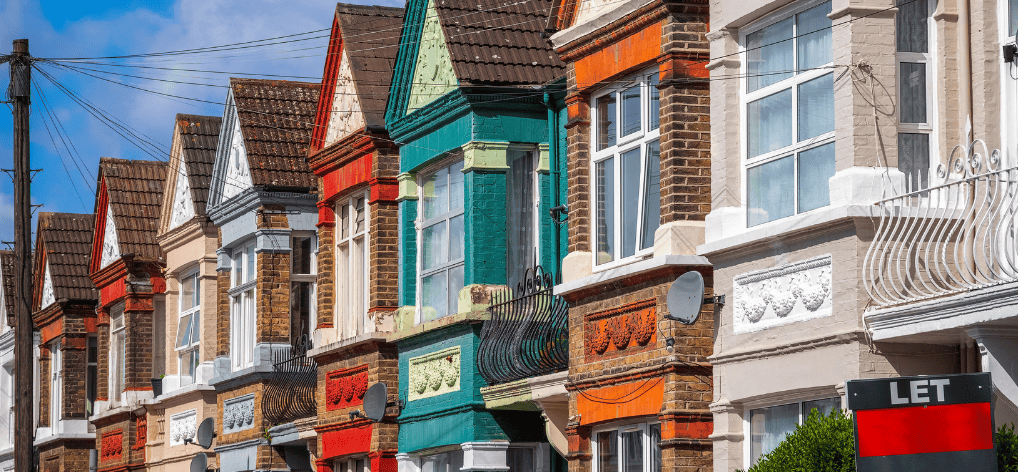This guide has been produced for information purposes only. As a mortgage broker, we're not able to offer tax advice, but we can refer you to our partners.
Keeping up with tax changes is no easy feat. We’ve outlined the latest buy to let tax relief options and recent buy to let tax changes, covering everything from buy to let mortgage tax relief to buy to let Stamp Duty, so you know what’s changed and what to expect.
Note: the Financial Conduct Authority does not regulate some forms of buy to let mortgages.
The Topics Covered in this Article Are Listed Below:
- How Has Buy to Let Tax Relief Changed?
- How Has Tax Relief on Buy to Let Mortgage Interest Changed?
- Can You Claim Tax Relief on a Buy to Let Mortgage?
- What Does This Change to Tax Relief on Buy to Let Mortgages Mean for Landlords?
- What Is the Buy to Let Mortgage Tax Relief Now?
- Can I Still Deduct Allowable Expenses from My Buy to Let Rental Income?
- Can I Still Claim Private Residence Relief on Buy to Let Tax?
- Can I Still Claim Letting Relief on Buy to Let Tax?
- What Other Buy to Let Tax Changes Are There?
- What Are the Potential Consequences of Not Complying with Buy to Let Changes in Tax?
- How Can I Make Sure I'm Compliant with Buy to Let Tax Changes?
- What Can I Do?
How Has Buy to Let Tax Relief Changed?
Over the last few years, there have been certain changes to kinds of buy to let tax relief you can get as a landlord.
This includes:
- Tax relief on buy to let mortgage interest
- Deductible expenses
- Private residence relief
How Has Tax Relief on Buy to Let Mortgage Interest Changed?
Before April 2017, landlords could fully deduct their buy to let mortgage interest from their rental income to reduce taxable profits, thereby reducing the tax they would pay on rental income and potentially keeping them in a lower tax bracket.
From April 2017 to April 2020, new changes were phased in that replaced this tax relief on buy to let mortgage interest.
Since April 2020, landlords have no longer been able to deduct or offset buy to let mortgage interest from rental income when calculating taxable profit. Instead, they receive a tax credit equal to 20% of their mortgage interest payments, which is subtracted from their final tax bill.
When Was Mortgage Tax Relief Abolished?
The previous system for tax relief on buy to let mortgage interest was fully abolished from April 2020, after being phased out over a 4 year period.

Can You Claim Tax Relief on a Buy to Let Mortgage Now?
When you purchase a rental property with a buy to let mortgage, you can claim buy to let mortgage tax relief in the form of a 20% tax credit. This tax credit is equal to 20% of the amount you pay in mortgage interest and can be deducted from your total tax liability.
What Does This Change to Tax Relief on Buy to Let Mortgages Mean for Landlords?
The change to buy to let mortgage tax relief has had 2 main impacts on landlords:
- Landlords in higher tax brackets can’t claim as much relief – they used to be able to fully deduct mortgage interest but now they receive the 20% tax credit
- Mortgage interest relief will no longer help some landlords stay in lower tax brackets – this is because landlords can no longer deduct mortgage interest from their taxable profits. Instead, the tax credit is applied to their final tax bill
What Is the Buy to Let Mortgage Tax Relief Now?
Now, buy to mortgage tax relief takes the form of a 20% tax credit. This tax credit is applied to the final tax bill, as opposed to the previous relief which allowed landlords to deduct their total mortgage interest from their taxable income.
For more detailed information about mortgage relief on buy to let properties, you can refer to the official UK government guidance on working out your rental income.
Please note that tax regulations can change, so it's advisable to consult with a tax professional or refer to the latest government publications for the most current information.
Can I Still Deduct Allowable Expenses from My Buy to Let Rental Income?
You can still deduct certain allowable expenses from your rental income under the Replacement of Domestic Items relief, in order to reduce the amount you pay in Income Tax on rental income.
From 1 April 2016, the Replacement of Domestic Items Relief replaced the Wear and Tear Allowance (WTA). The WTA allowed landlords of fully furnished properties to claim an annual tax deduction based on 10% of their rental income.
Replacement of Domestic Items Relief
Under the Replacement of Domestic Items Relief, landlords are now only able to claim for the actual cost of replacing furnishings.
Tax Deductible Items for Rental Property
Under the Replacement of Domestic Items Relief, tax deductible items for rental property include moveable furniture, such as: televisions, carpets, curtains, fridges and crockery.
Items such as fitted units, baths, kitchens and boilers are usually still classed as allowable expenses, so you shouldn’t be taxed on them - so long as you only replace them. If you want to deduct them as allowable costs, you can’t make improvements; they must be considered repairs.
Can I Still Claim Private Residence Relief on Buy to Let Tax?
When you sell your main residential property, you receive something called Private Residence Relief. Private Residence Relief means that you don’t have to pay Capital Gains Tax. You usually pay Capital Gains Tax upon the sale of a property that’s not your main residence, so landlords who sell buy to lets normally pay CGT.
As a landlord, you can claim Private Residence Relief for the period that you used the property you’re selling as your main residence, as well as the final 9 months that you own the property – this is regardless of whether you rented it out in those final 9 months. If you own a property for more than 9 months after you’ve moved out, you’ll pay CGT on the months not covered by PRR.
From April 2020, the relief period was reduced from 18 months to 9.
See our guide, Capital Gains Tax on UK Property, for more information on Capital Gains Tax.
Can I Still Claim Letting Relief on Buy to Let Tax?
Letting Relief can greatly reduce the amount of Capital Gains Tax you pay when you sell a buy to let. You can make up to £40,000 in tax-free gains.
To qualify for Letting Relief currently, you must share an occupancy with your tenants.
Find out more in our guide: Capital Gains Tax on UK Property.
What Other Buy to Let Tax Changes Are There?
Buy to Let Stamp Duty Tax Changes
From the 23/09/2022 the Stamp Duty threshold was raised to £250,000 – including for buy to lets and second properties. This is set to stay in place until March 2025. You can see the buy to let Stamp Duty rates below.
Property Value | SDLT Rate for Second Properties or Buy to Lets from 1/4/2025 |
|---|---|
Up to £125,000 | 5% |
£125,001 - £250,000 | 7% |
£250,001 - £925,000 | 10% |
£925,001 - £1,500,000 | 15% |
From £1,500,000 | 17% |
Both the standard SDLT rate and the SDLT rate on second properties or buy to lets is payable on the purchase of additional properties, including buy to lets and second homes. You can find out more information in our guide: Stamp Duty on Second Homes.
Further considerations you may need to be aware of include:
Let to buy: if you move out of your main residence without selling it and purchase another property, you'll have to pay the 5% Stamp Duty surcharge (as of 31 October 2024). However, if you sell your original residence within 36 months of completing the purchase, you'll be eligible for a full refund of the additional Stamp Duty you paid.
Granny annexes: if the house you buy has a “granny annexe” then it’s unlikely you’ll have to pay the extra 5% Stamp Duty. You’ll only be liable for the higher rate if the annexe:
- Can be sold separately from the main house
- Has its own entrance
- Has its own water and electricity supplies
- Is worth more than £40,000 by itself
- Receives its own Council Tax bill
Has Corporation Tax Changed for Limited Company Buy to Lets?
You pay Corporation Tax on the rental profits of properties held in a limited company.
This means that if you own buy to let properties through a limited company, you'll pay Corporation Tax on your rental profits instead of Income Tax.
From 01/04/2015 - 31/03/2023, there was a single Corporation Tax rate of 19%. Since 01/04/2023, the amount and rate of Corporation Tax you pay depends on your company’s profit:
- If your company makes more than £250,000 over the accounting period, you'll pay the main Corporation Tax rate of 25% on your rental profits
- If your company makes £50,000 or less, you'll pay the small profits rate of 19%
- If your profits are between £50,001 and £250,000, you may be entitled to Marginal Relief, which gradually increases the tax rate from 19% - 25%
If your company made more than £250,000 over the accounting period, you'll pay the main rate of 25% on your rental profits. If your company made a profit of less than £90,000, you'll pay a "small profits rate" of 19%. If your profits were between £50,000 and £250,000 you may be entitled to Marginal Relief

What Are the Potential Consequences of Not Complying with Buy to Let Changes in Tax?
The buy to let tax changes are significant, not just because they have serious tax implications for landlords, but also because non-compliance can have severe consequences.
For example, the penalty for not paying the right amount of tax on your rental income can be high, up to 100% of your entire rental income. Moreover, the HMRC has the right to issue a penalty for failure to notify them about your income, as well as inaccurate tax returns.
Such high penalties can erode a large portion of your rental income, potentially affecting your ability to make mortgage payments. Non-compliance can also make it difficult to subsequently sell the property, as it could have unattractive incumbents attached to it.
How Can I Make Sure I'm Compliant with Buy to Let Tax Changes?
Changes in tax law can be challenging to follow, and it can be tricky to ensure compliance without tax advice so it’s always best to consult an accountant or tax adviser. Nonetheless, there are things you can do to stay compliant, such as:
- Familiarise yourself with the deductions available to you, such as Replacement of Domestic Items Relief
- Keep a clear and accurate record of your rental income and retain copies of all documentation for a potential audit
- Keep abreast of updates from the HMRC and make a note of any deadlines for tax returns
While our advisers can’t give tax advice, they can talk to you about the benefits of owning a buy to let through a limied company vs owning a buy to let in your personal name and other mortgage related matters regarding your property investments. Contact us today for a free consultation on 0330 433 2927.
What Can I Do?
Tax laws are always changing, so don’t worry if you already own a buy to let property. At John Charcol, we’re offering all buy to let owners and property investors the opportunity to call us for a review of your situation. You can call our experts for free on 0330 433 2927.
Our advisers can assess your portfolio and help you decide whether:
Now Is the Right Time to Remortgage
Thinking about remortgaging? We can help you make sure you’re on the best mortgage rate possible to maximise your rental yield. Our experts can advise you on rates from across the market.
You Could Benefit from Becoming a Company
Corporation Tax currently stands at 25% (2025/26), depending on your company’s taxable profits. Our partners can look at your investment and see if you should consider converting to a company.
You’re Tax-Efficient
We can work with your tax adviser, or recommend one, to review whether you’re making the most of your allowances.
Get in touch with our experts

0330 433 2927



